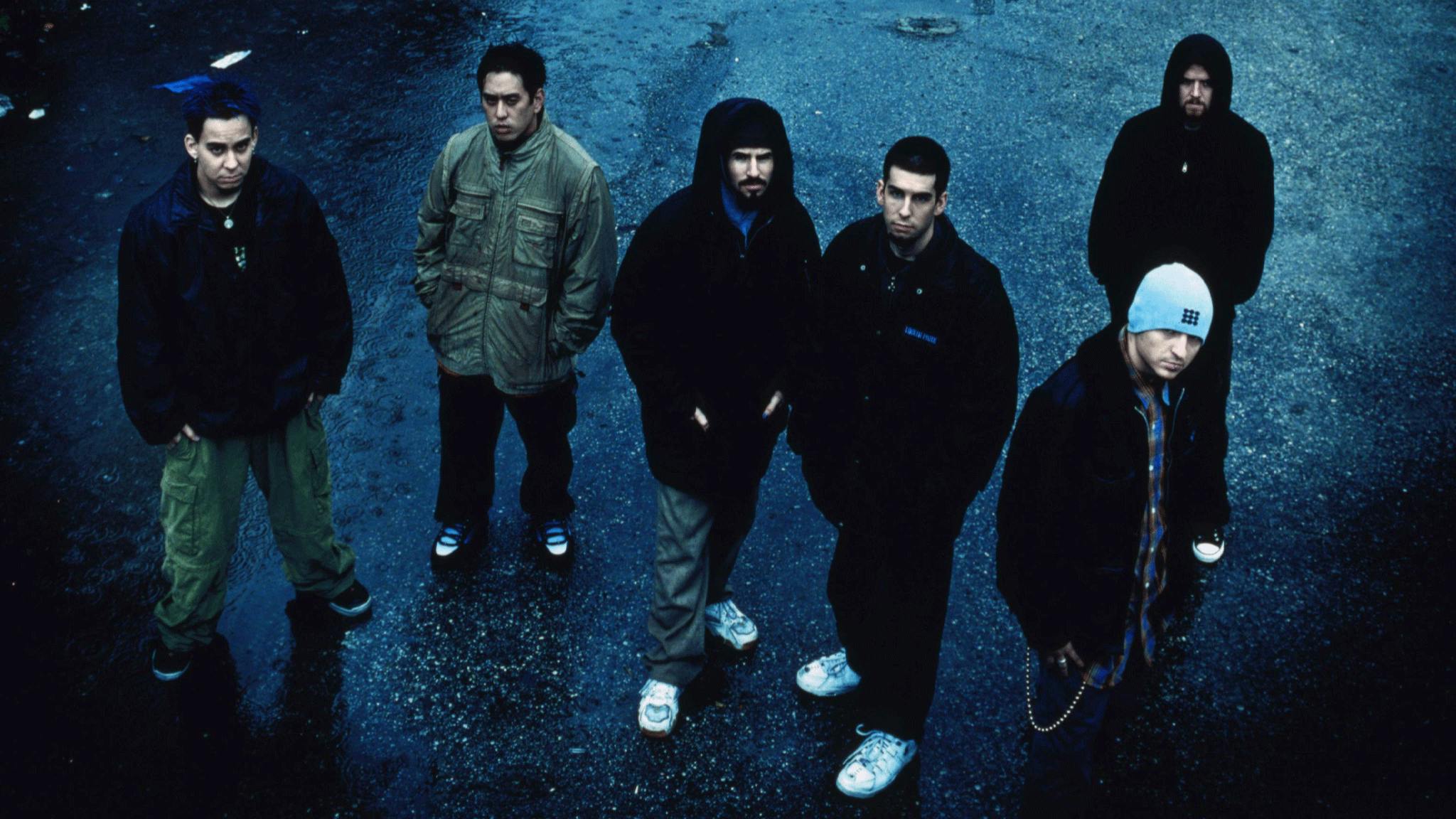Across seven albums, Linkin Park’s seismic impact on modern rock has been utterly undeniable. From their explosive entry into – and reinvention of – the nu-metal scene via mainstream-straddling crossover success, to their unabashed willingness to experiment and reinvent themselves, they were both the gateway act that brought so many bands and fans into the current scene and trailblazers in bulldozing the boundaries of what rock could be. Many snobbishly high-minded critics dismissed them as a guitar-wielding ‘pop’ band manufacturing music for the masses. They missed not only the burning spirit within these songs, but the sheer brilliance of that machine-tooled consistency and accessibility, too.
Although the tragic passing of Chester Bennington has – perhaps permanently – stemmed their output, the years since have allowed us to revisit that existing legacy and (re)consider the deeper meaning and value of these songs with greater perspective. Although each LP rightfully holds its place in fans’ hearts, it’s a fascinating exercise in charting their place – and importance – in one of music’s most compelling tales…
